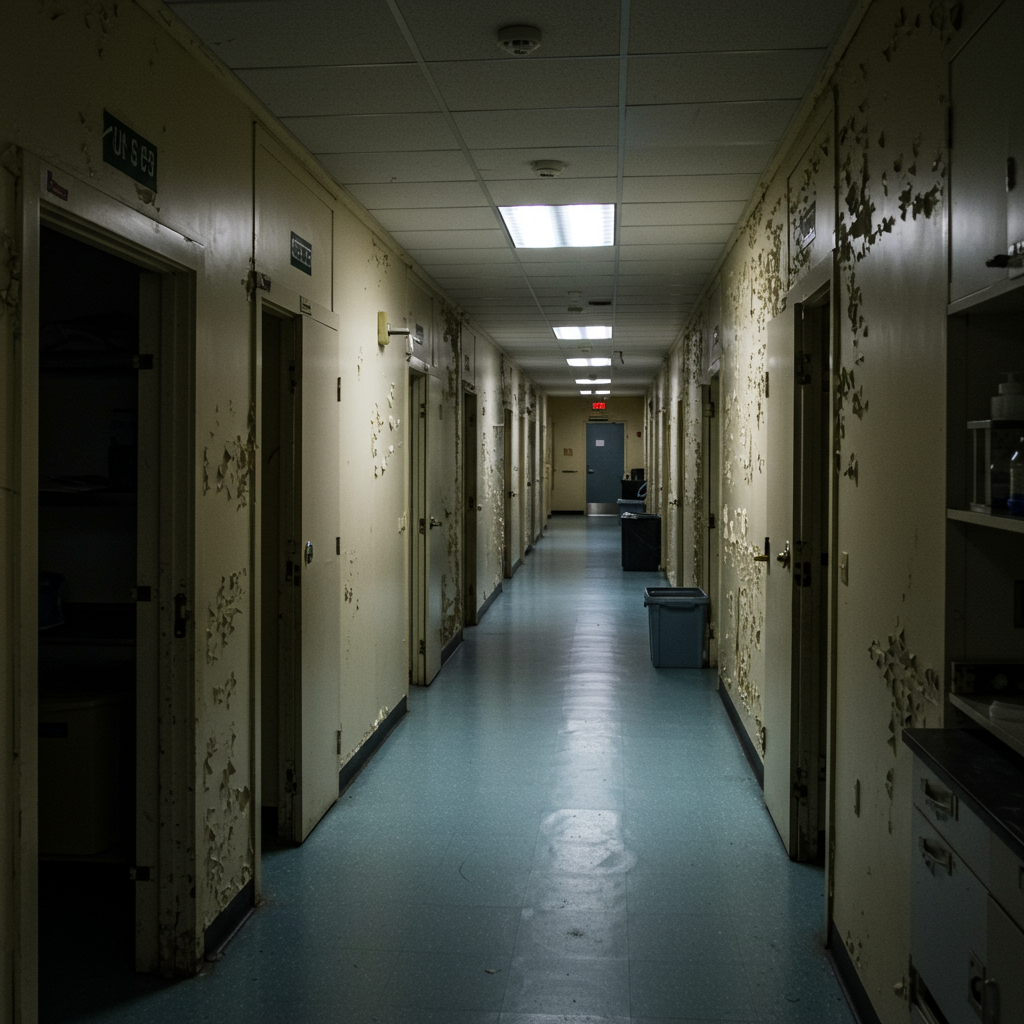The once-lively corridors of medical research centers in Johannesburg now stand eerily quiet. This silence is a stark symbol of a devastating crisis: South Africa’s renowned medical research ecosystem, a vital global asset, has been severely impacted by significant US funding reductions.
Credit…
Gulshan Khan for The New York Times
Listen to this article · 13:08 min Learn more
In Cape Town, the personal toll is immense. One of the world’s foremost HIV researchers is facing the heart-wrenching task of telling dedicated long-term staff and promising young scientists that funding has vanished, leading to job losses. These difficult conversations often end with tears in an empty office. Meanwhile, in the heart of Johannesburg, a building that once buzzed with hundreds of scientists is now deserted, its lobby filled with discarded office furniture and files hastily gathered from shuttered research sites.
South Africa’s Legacy as a Research Powerhouse
For decades, South Africa has quietly operated as a global powerhouse in medical research, though its significant contributions have often gone unrecognized outside scientific circles. South African scientists have been instrumental in achieving key breakthroughs against major global health challenges, including:
Heart disease
HIV/AIDS
- Respiratory viruses like COVID-19
Their expertise and infrastructure have fostered close collaboration with American researchers, and historically, South Africa has received more US research funding than any other country, a testament to its capability and importance.
The Impact of Swift US Funding Cuts
However, this established and productive research environment has been severely damaged. A rapid series of executive actions and significant budget reductions enacted by the Trump administration have, within a matter of months, dismantled this vital research ecosystem.
The consequences are grim, with far-reaching ramifications for human health worldwide. Global progress in combating deadly diseases is now threatened.
Furthermore, the disruption poses a significant challenge to major global pharmaceutical companies. American giants such as Pfizer, Merck, Abbott, and Gilead Sciences rely heavily on South Africa’s established research infrastructure for conducting clinical trials and developing new medicines, vaccines, and treatments. The weakening of this hub directly impacts their research and development capabilities.
As Nobel laureate Dr. Harold Varmus, a professor at Weil Cornell Medicine and former director of the National Institutes of Health, emphasized, “South Africa is the beacon” in this critical field. Its decline due to these funding cuts represents a significant loss not just for the nation, but for global health security and future medical advancements.



